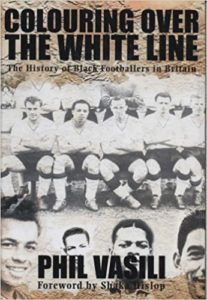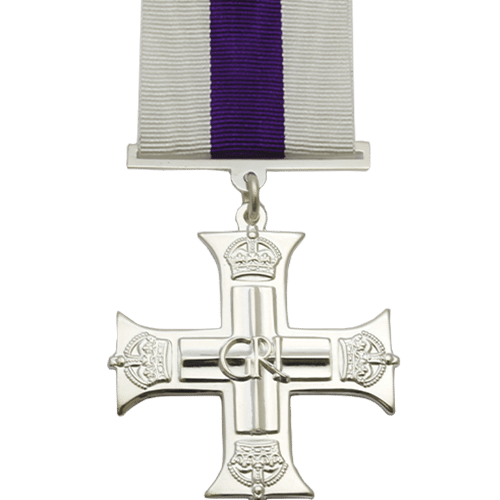In 2012 I came across a First World war hero by the name of Walter Tull. I read his life story and found it both inspiring and saddening at the same time. Inspiring owing to his heroic actions and sad that his actions were ignored by the establishment at the time and for me proof that his name along with countless others seemed to have been written out of our history books.
This is the story of Walter Tull the first black professional footballer and the first British Army officer.
The Lifestory of Walter Tull
Born in Folkestone in 1888 to a local woman and a Barbadian carpenter, Tull was just nine when he was orphaned and placed in a Bethnal Green children’s home. A great success story, he impressed while playing for Clapton before signing for Tottenham in 1909 and becoming one of the first players of mixed heritage to play in English football’s top flight.
When war broke out in 1914, Tull enlisted soon after, making history again in May 1917 when commissioned as an officer in the regular British Army, in contravention of the Manual of Military Law which stated officers must be of ‘pure European descent’. He became the first person of black heritage to become an officer and lead his men to battle.
Walter Tull’s Army Career
Tull immediately abandoned his career and offered his services to the British Army. On 21st December, 1914, Tull became the first Northampton Town player to join the Football Battalion (17th Battalion of the Middlesex Regiment). At the time it was commanded by Major Frank Buckley.
The Army soon recognized Tull’s leadership qualities and he was quickly promoted to the rank of sergeant. Tull arrived in France on 18th November 1915. He was initially billeted at Les Ciseaux, 16 miles from the front line. He had still not seen action when he wrote a letter to Edward Tull-Warnock in January 1916: “For the last three weeks my Battalion has been resting some miles distant from the firing line but we are now going up to the trenches for a month or so.
Walter Tull had impressed his senior officers and recommended that he should be considered for further promotion. When he recovered from his illness, instead of being sent back to France, he went to the officer training school at Gailes in Scotland. Despite military regulations forbidding “any negro or person of colour” being an officer, Tull received his commission in May, 1917.
 Walter Tull became the first Black combat officer in the British Army. As Phil Vasili has pointed out in his book, Colouring Over the White Line: “According to The Manual of Military Law, Black soldiers of any rank were not desirable. During the First World War, military chiefs of staff, with government approval, argued that White soldiers would not accept orders issued by men of colour and on no account should Black soldiers serve on the front line.”
Walter Tull became the first Black combat officer in the British Army. As Phil Vasili has pointed out in his book, Colouring Over the White Line: “According to The Manual of Military Law, Black soldiers of any rank were not desirable. During the First World War, military chiefs of staff, with government approval, argued that White soldiers would not accept orders issued by men of colour and on no account should Black soldiers serve on the front line.”
How was Walter Tull Killed?
On 25th March 1918, 2nd Lieutenant Tull was ordered to lead his men on an attack on the German trenches at Favreuil. Soon after entering No Mans Land Tull was hit by a German bullet. Tull was such a popular officer that several of his men made valiant efforts under heavy fire from German machine-guns to bring him back to the British trenches. These efforts were in vain as Tull had died soon after being hit. One of the soldiers who tried to rescue him later told his commanding officer that Tull was “killed instantaneously with a bullet through his head.” Tull’s body was never found. More
Walter Tull The Forgotten Hero
Walter Tull Medal Campaign

I definitely identified with this mixed-race officer that had experienced so much racism at a time when it was the norm. Learning about Walter Tull and the injustice inspired me to use my Digital Marketing skills to help others who were campaigning that Tull should receive Miltary Cross posthumously
proud founder of


